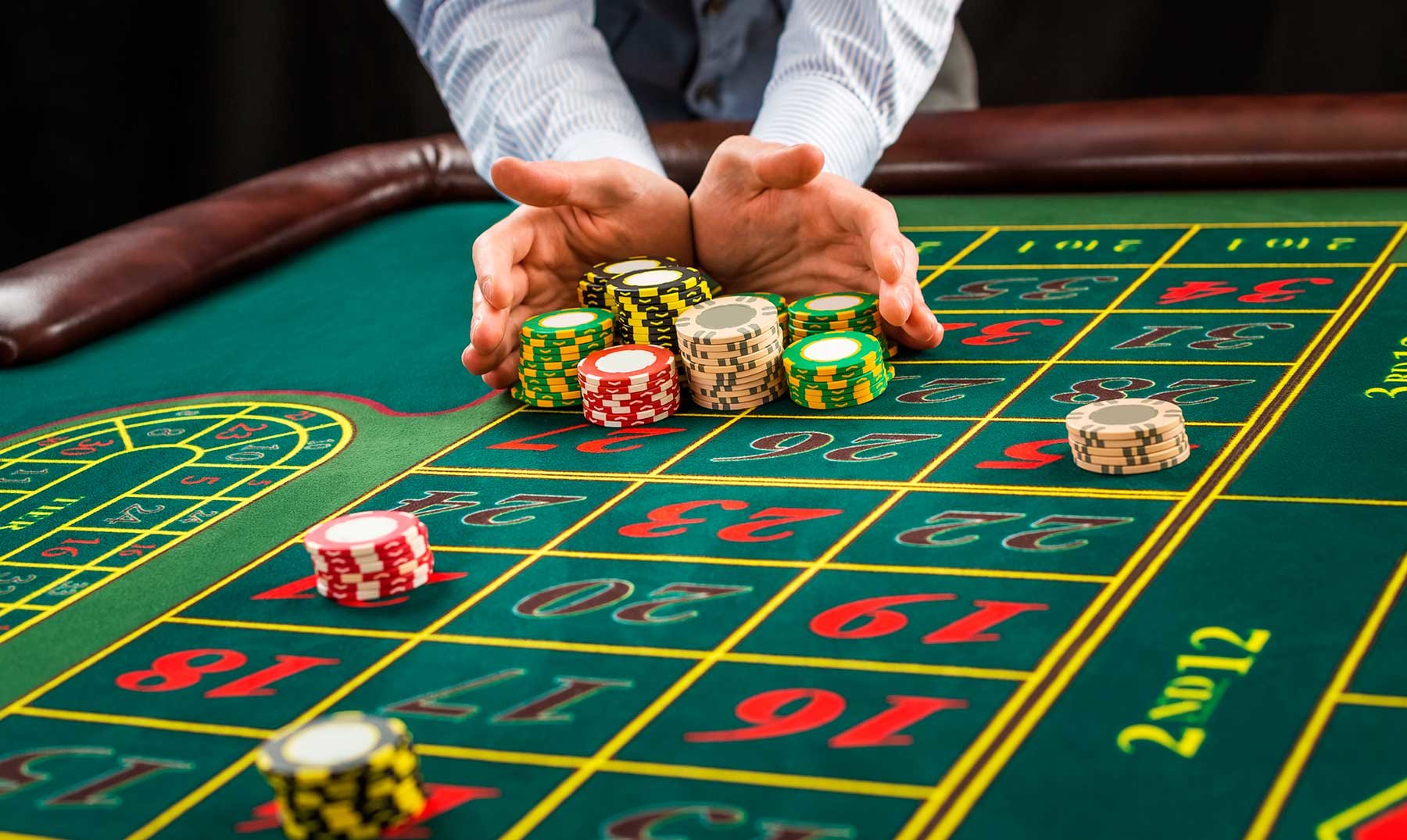Casino games have captivated players for centuries, progressing from simple pastimes to intricate adventures that combine chance, strategy, and fun. From the early beginnings of gambling in cultures like the ancient societies of Mesopotamia and Rome to the glitzy corridors of contemporary casinos, the history of these games uncovers much about our nature and our interaction with chance. As societies have intertwined and innovation has progressed, casino games have evolved, mirroring shifts in society and innovations in gameplay.

The initial iterations of gambling likely involved elementary dice-based games and betting on the outcomes of sports competitions. As time passed, these primitive activities grew into better-organized games like playing card games, the roulette wheel, and the multitude slot games that populate the premises of casinos today. Each era brought its unique rules, aesthetics, and sociocultural significance. At present, casino games continue to evolve with the rise of online platforms, enabling players from everywhere to engage in a common experience, further merging the traditional with the age of technology.
Ancient Origins of Gambling Games
Casino activities have roots that reach back to old civilizations, where wagering was profoundly entrenched in cultural practices and cultural customs. The first known instances of gambling appeared in ancient Mesopotamia around three thousand BC, including simple die activities made from knuckle material. These early activities laid the foundation for more complex betting games, reflecting humans’ instinctive desire to find fortune and amusement through luck.
As societies progressed, so did their gambling pursuits. In ancient China, around two thousand three hundred BC, objects were discovered that were similar to primitive basic forms of a lottery game. More organized instances of betting arose in the ancient Roman civilization, where games of chance were a common recreation, often occurring in social events. The ancient Romans developed different wagering games, which composed die and board games, highlighting the pervasive nature of betting across different economic classes.
With the movement of time, these primitive games influenced the progress of contemporary casino activities. In the medieval period, playing card activities became prevalent in Europe, paving the way for the professional gambling establishments we know today. The shift from informal betting to formal gaming in taverns and personal houses marked a significant change in how people interacted with games of chance, leading to the subsequent creation of gaming houses as dedicated venues for gambling.
The Rise of Modern Casino Gaming
The late 20th century marked a crucial shift in the world of casino games, fueled by technological progress and shifts in cultural attitudes towards wagering. The emergence of computers and the World Wide Web revolutionized the way gamblers interacted with their beloved gaming experiences. Online casinos emerged, enabling players to enjoy timeless casino classics like Texas Hold’em and 21 from the comfort of their houses. This new online environment not only expanded access to gambling options but also drew in a newer crowd who found the convenience and variety tempting.
As digital gambling gained momentum, so did advancements in gaming technology. The creation of sophisticated programs and visual elements changed traditional gambling games into engaging experiences. Players could now connect with authentic dealers through live streaming, bringing the atmosphere of brick-and-mortar casinos directly into their homes. This fusion of in-person play with online platforms created a novel combination that boosted the social aspect of gambling, allowing it possible for people to connect and compete with fellow gamers around the world.
Moreover, the emergence of mobile gaming significantly changed the gambling environment. With the widespread use of mobile phones and touch devices, players can play their beloved gaming options anywhere, anytime. Mobile applications offer a vast array of options customized for touchscreens, serving the dynamic daily life of modern users. This easy access has resulted in growing participation in casino games, driving the surge of the gambling sector. As a result, the future of the gaming industry continues to evolve, responding to technological advancements and shifting player expectations.
How Technology Influences Casino Games
The evolution of technology has significantly transformed casino games, improving the overall experience for players for players around the world. Giới Thiệu 77WIN As the internet emerged, online casinos emerged, allowing players to enjoy their favorite games from the safety of their own homes. This change not only made casino games more accessible but also increased the variety of games offered, as online platforms could host numerous variations of traditional games without the physical constraints of physical casinos.
Mobile technology further revolutionized the casino gaming landscape. With the proliferation, players can to play casino games anytime and anywhere. This flexibility has led to the creation of dedicated mobile applications and optimized websites that provide seamless gaming experiences. Additionally, advancements such as live dealer games have brought the authentic atmosphere of a casino into players’ homes, bridging the gap between physical and online gaming.
Moreover, advancements in AI and VR are leading to the next generation of casino games. AI improves game design and player interaction, creating customized experiences based on user behavior and preferences. Meanwhile, virtual reality offers immersive environments where players can engage in a simulated casino setting, making the gaming experience more engaging and realistic. As technology continues to evolve, the future of casino games seems bright, filled with limitless opportunities for advancements and entertainment.
77WIN